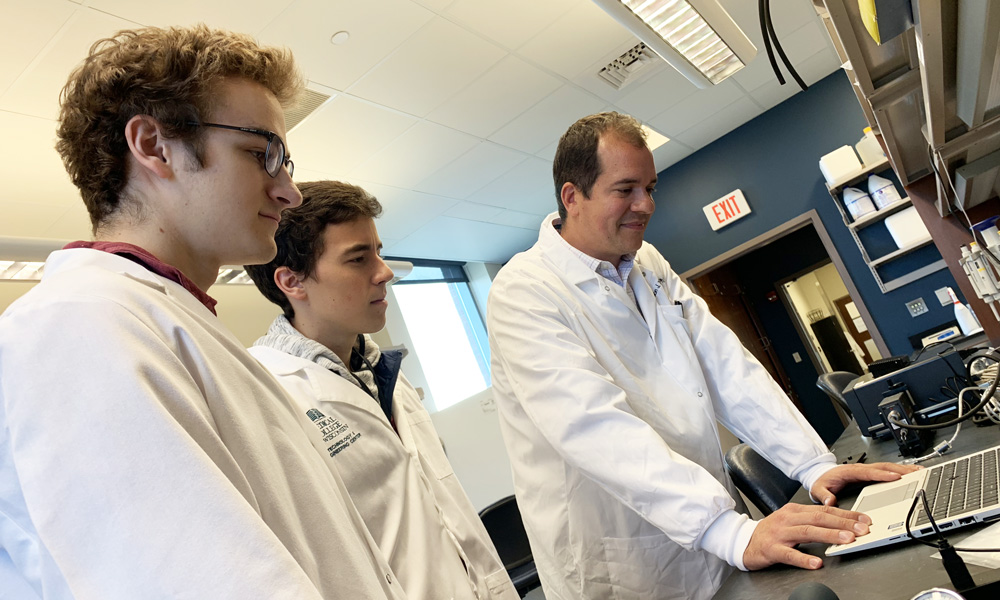Film Viewing & Discussion
Event Details | About the Film | About Regenerative Engineering
Join Dr. Brandon Tefft on Monday, August 30th, for a film viewing and discussion of Science World Festival's documentary Forever Young: The Promise of Human Regeneration, a film discussing the promise of regenerative medicine.
Event Details
About The Film
Synthetic blood mass-produced to meet supply shortages. Livers and kidneys “bioprinted” on demand. Missing fingers and toes re-grown with a jolt of bioelectricity. Regenerative medicine promises to do more than just treat disease, injuries, or congenital conditions. It holds the potential to rejuvenate, heal, or completely replace damaged tissue and organs. If successful, regenerative medicine will have immense impact on how we care for the injured, sick, and aging—and how we think about death. This program will explore mind-boggling medical advances as well as the societal and economic implications of a future in which everybody may truly be forever young.
About Regenerative Engineering
Regenerative engineering is a multidisciplinary field that seeks to generate living tissue replacements for diseased or damaged tissues. These tissues are typically comprised of the patient’s own cells seeded within a biomaterial scaffold. The nascent tissue construct is nurtured under controlled conditions to mature into a mechanically and functionally mature tissue. The tissue is designed to elicit a favorable regeneration response upon implantation into the patient such that natural form and function are completely restored in the long term.
Regenerative Engineering at MU-MCW BME
Regenerative Engineering efforts at the Marquette University and Medical College of Wisconsin Joint Department of Biomedical Engineering are supported by both Dr. Tefft's Cardiovascular Regenerative Engineering Laboratory(CaRE Lab) and Dr. Bo Wang's Tissue Regenerative Engineering Laboratory (TRE Lab).


